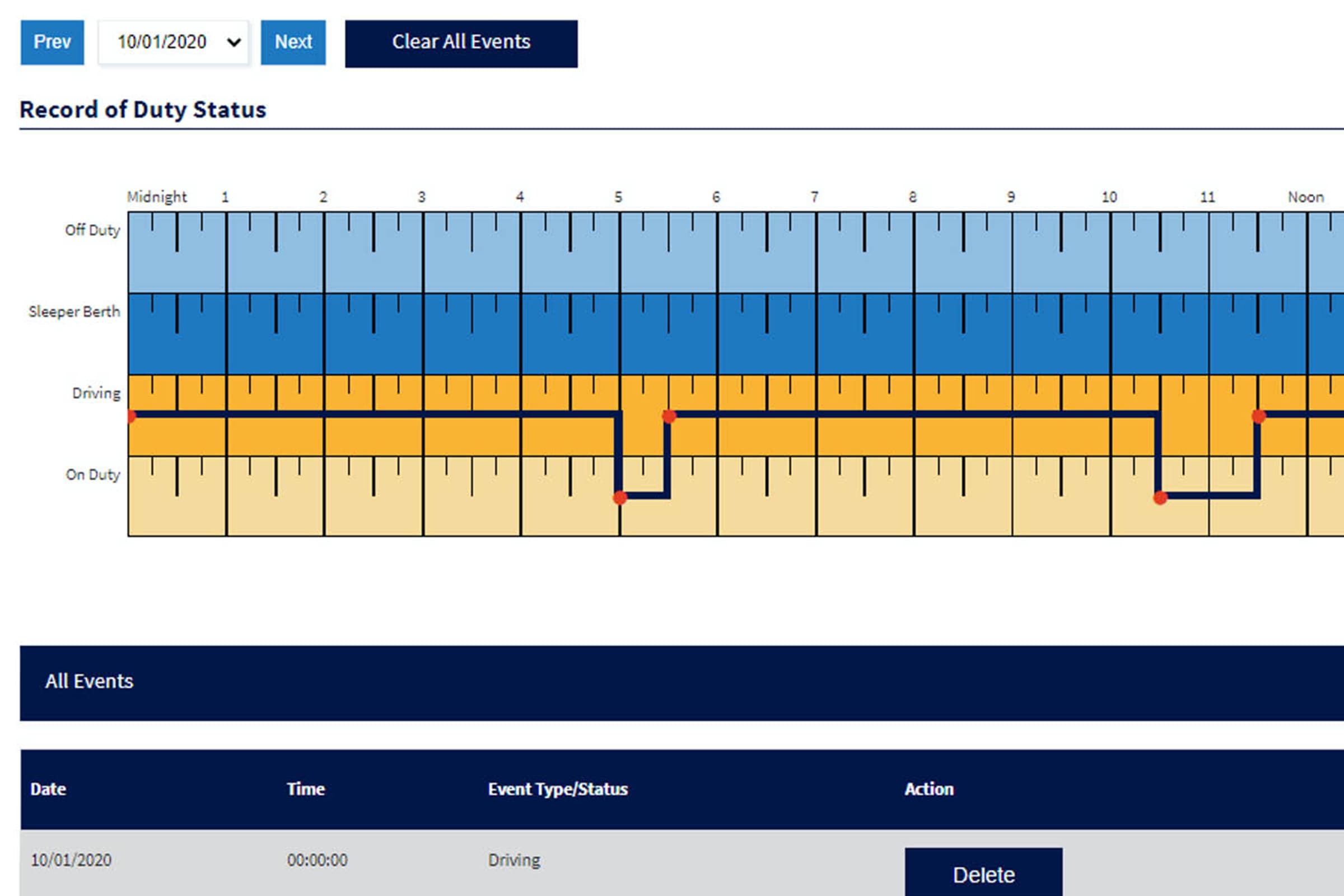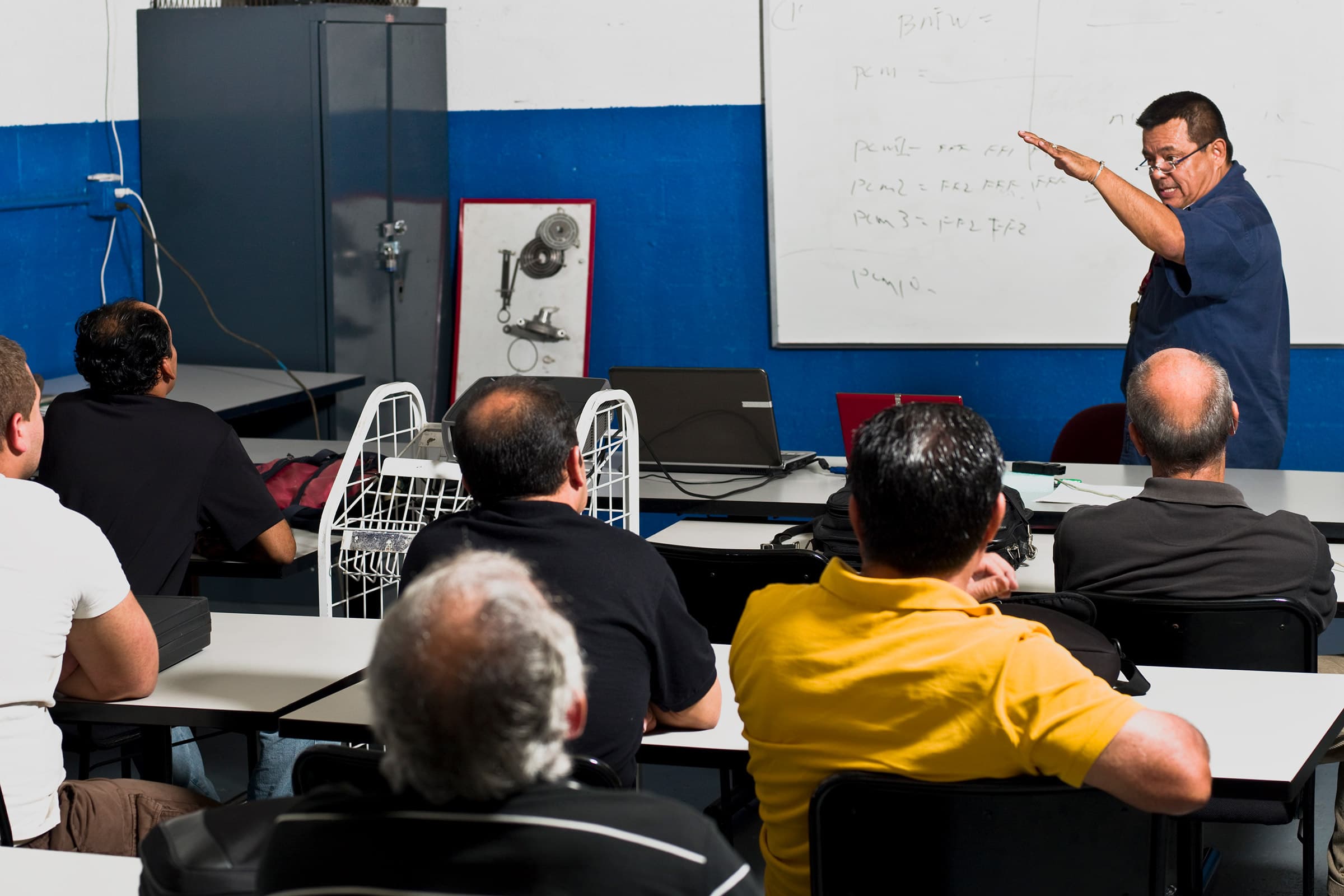7 Tips to Lead by Active Listening
One of the most frustrating situations in life is not being heard by others. Conversely,...

Great West |
One of the most frustrating situations in life is not being heard by others. Conversely,...

Great West |
No motor carrier ever wants to be involved in a vehicle-related incident or be pulled into a...



Great West |
When it comes to operating a trucking company, you often don’t know about gaps in your coverage...

Great West |
Complying with the Hours-of-Service (HOS)...

Great West |
Distractions are a high-risk exposure that...


Great West |
Contributed by John Graci, Graci Leadership Solutions, LLC
Being a leader means many things,...

Great West |
Motor carriers are not strangers to the challenges of leading a multi-generational workforce....


Great West |
On April 23, 1910, in Paris, France, Theodore Roosevelt delivered a speech that would come to...